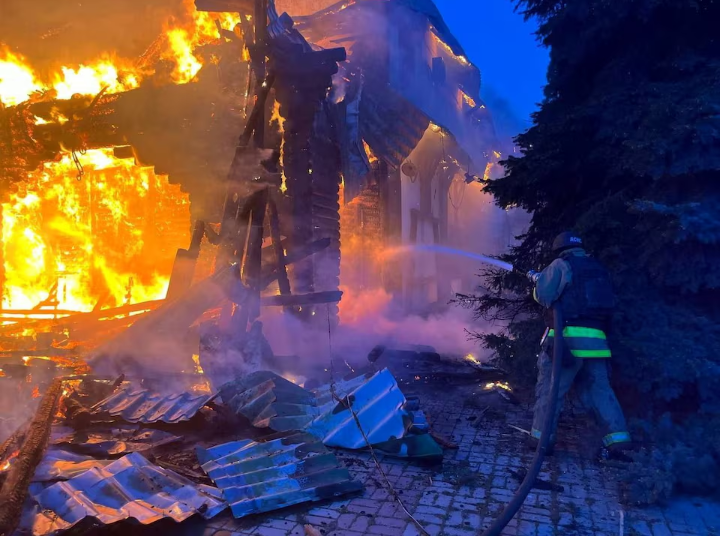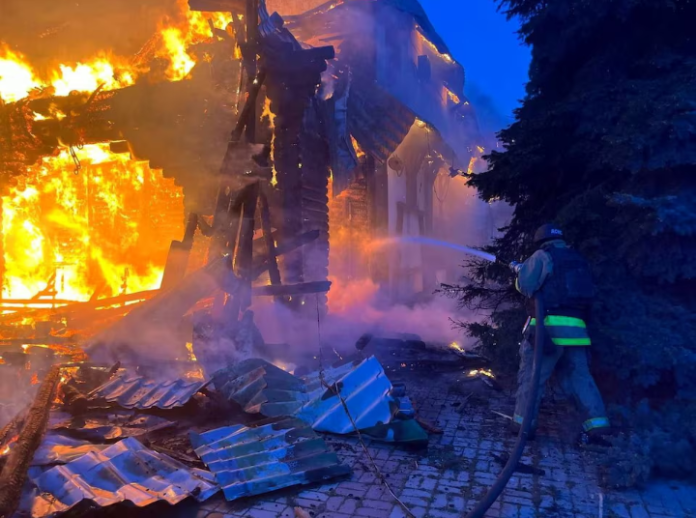In a cautiously optimistic message from the Kremlin, Russian President Vladimir Putin has expressed a willingness to seek peace in Ukraine. However, his government has also made it clear that the complexities of the conflict make it nearly impossible to reach a fast-tracked deal, despite mounting pressure from the United States.
On Wednesday, Kremlin spokesperson Dmitry Peskov told reporters that President Putin remains committed to exploring “political and diplomatic” paths to resolve the war, now in its fourth year. He noted that while Putin is open to direct talks with Ukraine, Kyiv has yet to respond to such offers.
The statement follows comments by U.S. President Donald Trump, who has branded himself a peacemaker and vowed to end what he has repeatedly called the “bloodbath” in Ukraine. Trump claims Putin is ready to halt the war and that his own leadership has prevented a full-scale Russian takeover of Ukraine. “If it weren’t for me, I think he’d want to take over the whole country,” Trump remarked on Tuesday.
Despite these sentiments, frustration is growing in Washington over the lack of concrete progress. U.S. Secretary of State Marco Rubio has urged both Moscow and Kyiv to put forward actionable proposals, warning that the U.S. could withdraw from its mediator role if talks continue to stall.
Ukraine’s response has been guarded but not dismissive. Ukrainian Foreign Minister Andrii Sybiha stated that Ukraine is ready for negotiations “in any format”—but only if Russia agrees to an unconditional ceasefire. So far, Moscow has declined to commit to such terms, emphasizing that several key conditions must be addressed first.
Peskov acknowledged Washington’s desire for a quick resolution but pointed out that the underlying issues are too intricate to be solved overnight. “We understand that Washington is willing to achieve a quick success,” he said. “But the root causes of this war are far more complex.”

Those causes, according to Putin, stem from longstanding tensions between Russia and the West. He views NATO expansion and Western influence in Eastern Europe—particularly Ukraine—as direct threats to Russian sovereignty. This sentiment has fueled Russia’s aggressive posture since the full-scale invasion began in 2022, triggering the largest military conflict in Europe since World War II.
The Kremlin insists that Russia’s core objectives must be met—either through diplomacy or by force. “Our preference is a peaceful solution, but our goals remain unchanged,” said Peskov.
Putin has previously shown symbolic gestures, such as announcing a three-day ceasefire in early May to mark the 80th anniversary of the Soviet Union’s victory in World War II. However, Ukrainian President Volodymyr Zelensky has made it clear that only a genuine, unconditional ceasefire will create space for real progress.
As pressure builds from all sides, the world watches closely. Will diplomacy prevail, or is the hope for peace just another tactic in a complex geopolitical chess game?



